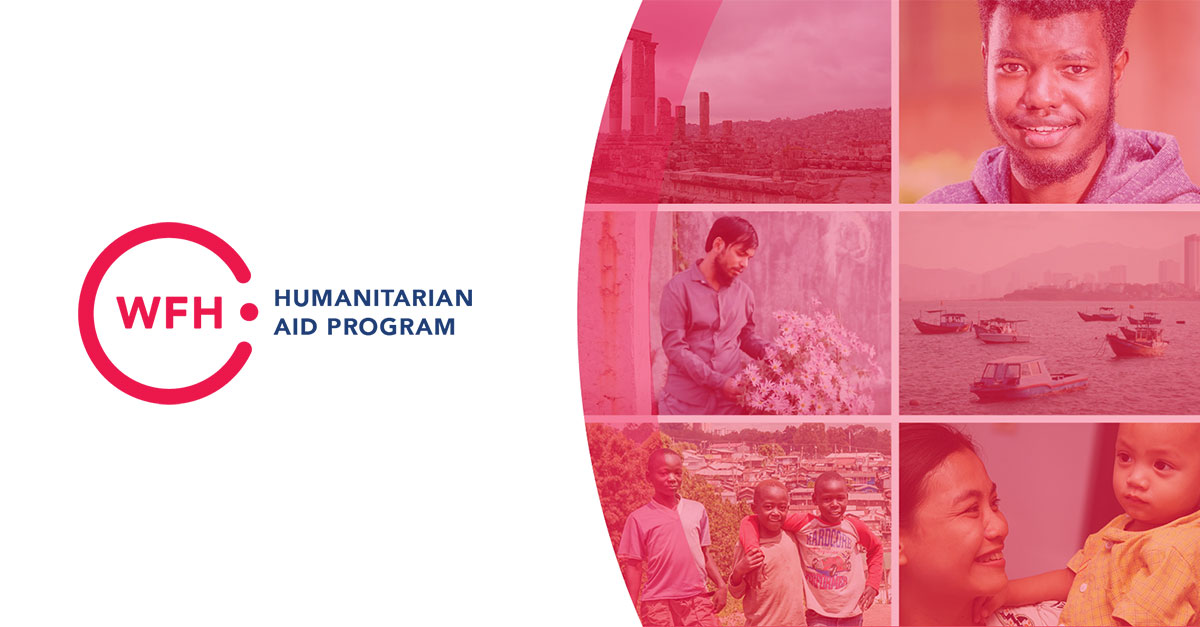The WFH is involved in the Sri Lankan inherited bleeding disorders community through several activities, such as the WFH International External Quality Assessment Scheme (IEQAS) and the WFH Humanitarian Aid Program. Through these endeavours—coupled with close collaboration with the Hemophilia Association of Sri Lanka, the national member organization (NMO); healthcare professionals (HCPs); and other stakeholders—the WFH is working to help Sri Lanka move closer to being able to offers sustainable care to its community. For one person with a bleeding disorder (PWBD), these efforts have meant going from having to manage regular acute bleeds as a way of life—to not having to deal with a bleed for years.
Diagnosed with severe hemophilia A, the man managed his condition through factor donated by the WFH Humanitarian Aid Program. However, in 2016, at age 20, he developed inhibitors—antibodies that made the standard treatment ineffective. This led to severe bleeding episodes, including bleeding in his joints which caused permanent mobility issues. Initially, doctors used bypassing agents to manage his condition before moving on to immune tolerance induction (ITI) therapy with factor. The man’s condition improved, but a lapse in follow-ups resulted in a severe bleeding episode that required emergency treatment.
In July 2020, the patient started non-factor replacement therapy—also donated by the WFH Humanitarian Aid Program—at the Anuradhapura Teaching Hospital. The effect of this treatment has been life-changing for him: he has now been completely free of bleeding episodes for over four years. He lives independently and is enjoying a dramatically improved quality of life. His story is an inspirational one. It shows the power that a sustained, years-long commitment through multiple programs can have on a country’s ability to care for its people.
The WFH Humanitarian Aid Program has donated over 75 million IUs of factor and nearly 700,000 mg of non-factor replacement therapy to Sri Lanka since 2015. Almost 8.8 million IUs of factor, and nearly 130,000 mg of non-factor replacement therapy were donated in 2024 alone. To find out more about the Program, please click here.
About the WFH Humanitarian Aid Program
The WFH Humanitarian Aid Program improves the lack of access to care and treatment by providing much-needed support for people with inherited bleeding disorders in developing countries. By providing patients with a more predictable and sustainable flow of humanitarian aid donations, the WFH Humanitarian Aid Program makes it possible for patients to receive consistent and reliable access to treatment and care. None of this would be possible without the generous support of Sanofi and Sobi, our Founding Visionary Contributors; Bayer, CSL Behring and Roche, our Visionary Contributors; Grifols, our Leadership Contributor; and Takeda, our Contributor. To learn more about the WFH Humanitarian Aid Program, visit www.treatmentforall.org.













